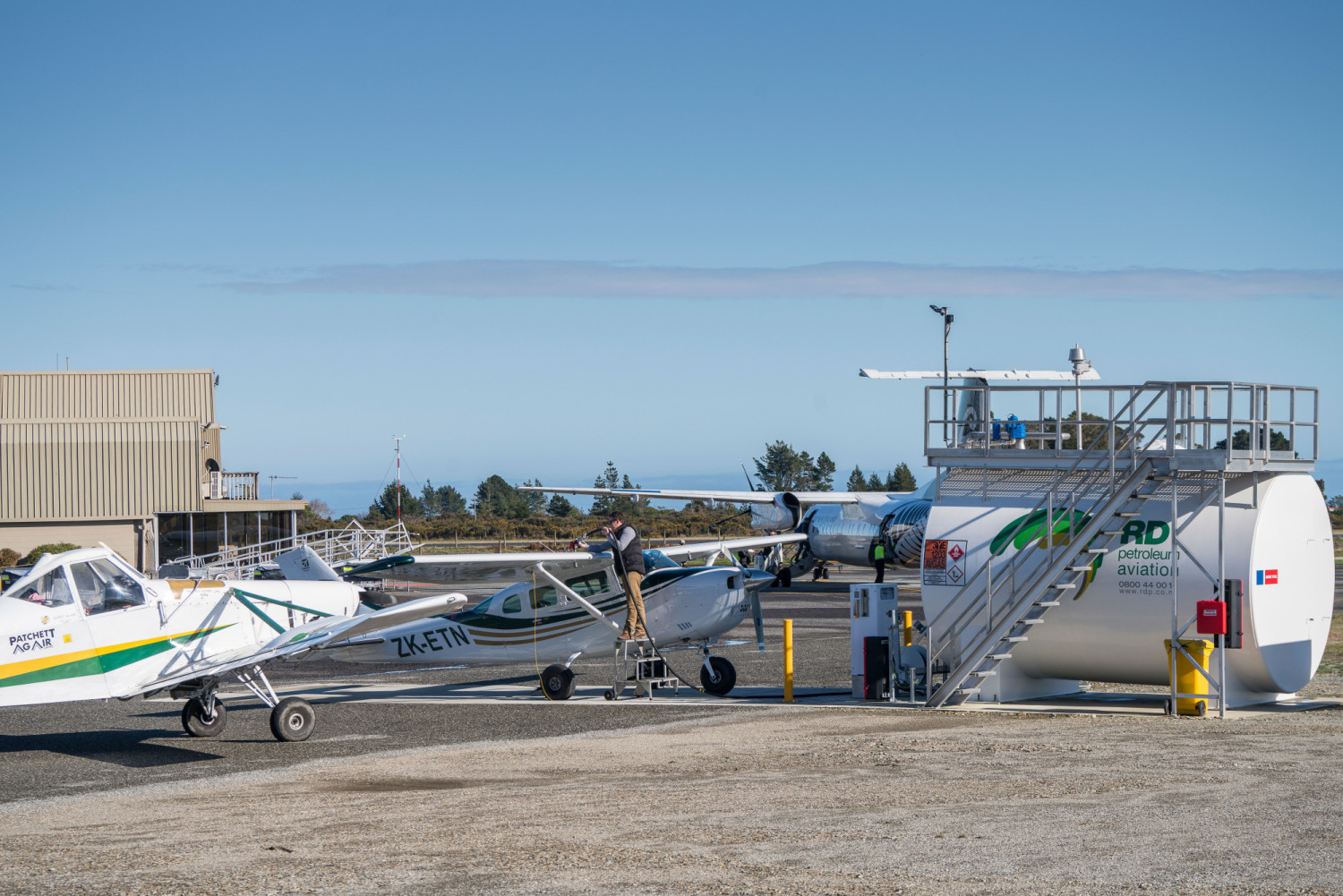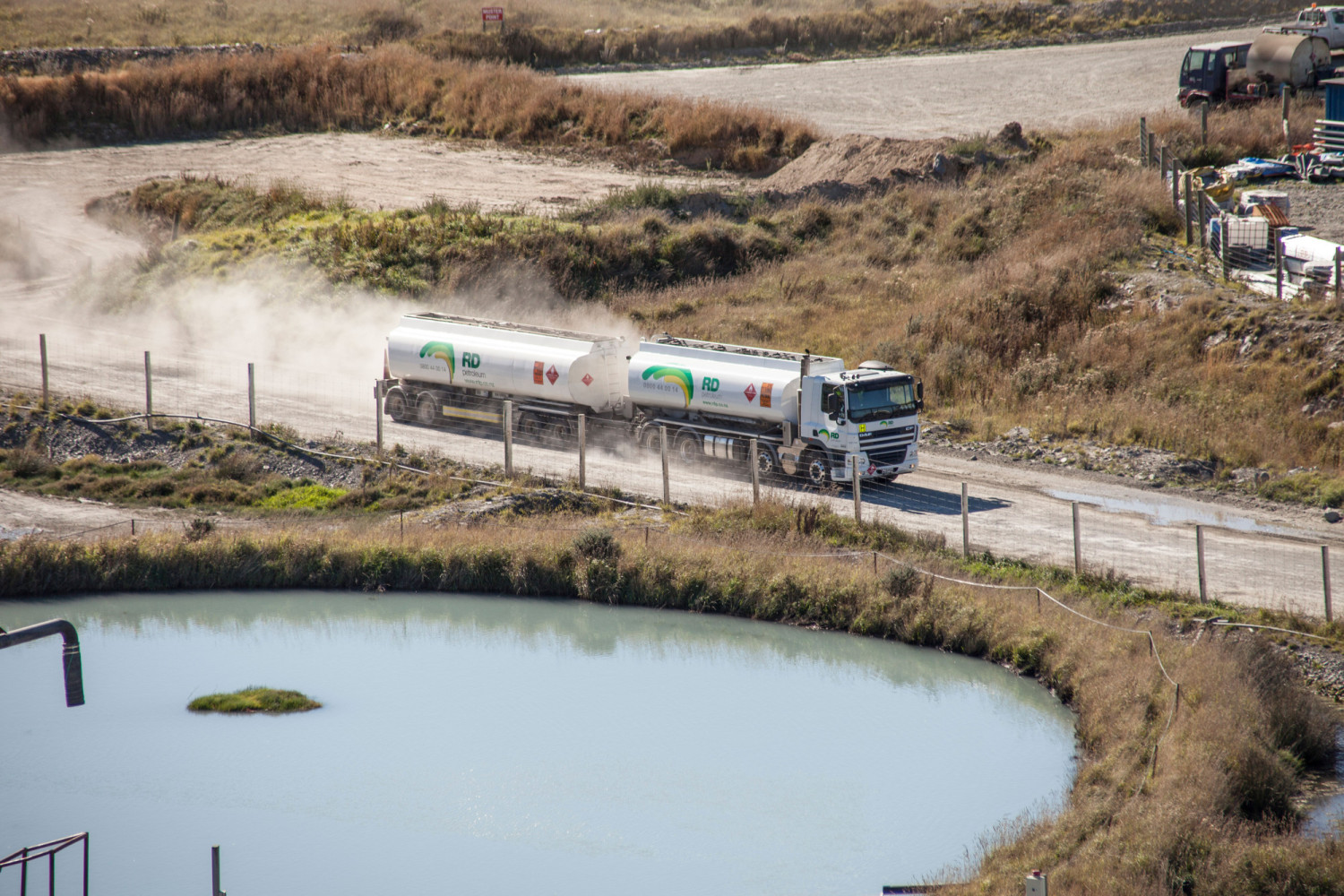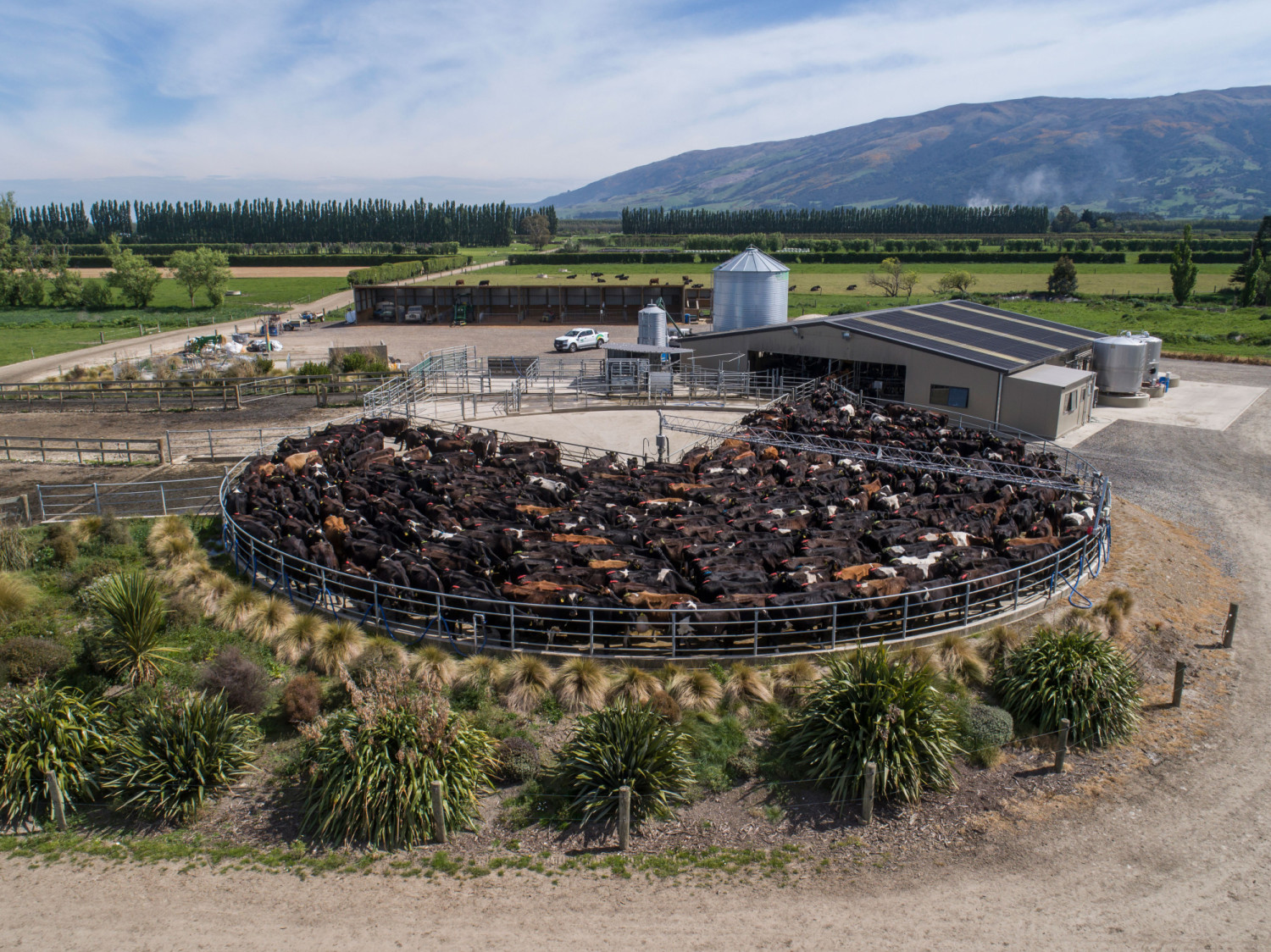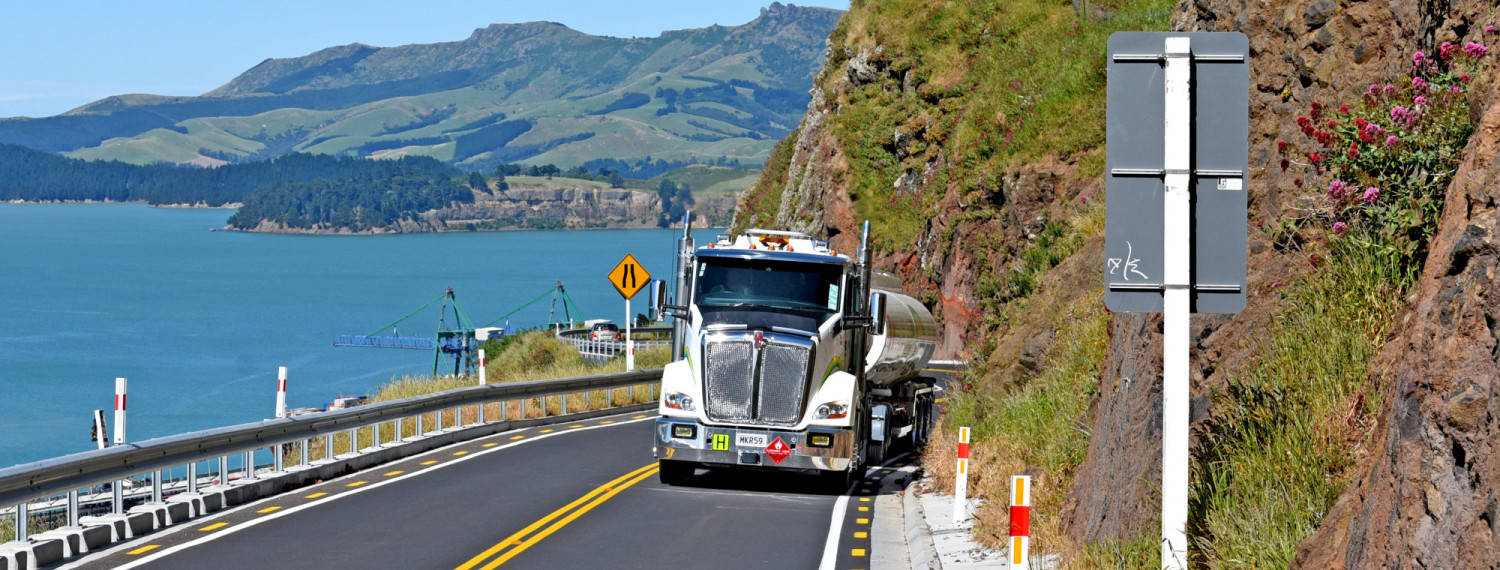
Fuel Safety.

Fuel Safety is our priority
Keeping track of new regulations in the fuel industry and your obligations to meet them can be a tricky and time-consuming part of your business.
To get you started, we have put together some safety info that we believe offers the best advice and guidance on regulatory and compliance issues. We will continue to monitor fuel industry developments and update the list from time to time. If there is something missing from the list, or you want to discuss any regulatory or compliance issues, just give your local RDP Territory Manager a call and we will be happy to help in whatever way we can.

See the latest in above-ground fuel storage and safety data sheets.
It’s important to comply with health, safety and environmental laws for above-ground fuel storage. When you’re in charge of a farm or business, it’s important that you give people handling the fuel safety information. Make sure everyone handling the fuel knows the hazards, how to keep safe, and have procedures in place for managing fuel-related emergencies. It’s important to keep up-to-date and have an emergency response plan.

Safe and effective fuel storage on the farm makes sense.
Safe fuel storage means no more paying good money for fuel wasted through leaks, drops, and spills. We’re all passionate about protecting New Zealand’s unique environment and wildlife. One of the ways to do this, is by accepting our responsibility as individuals to our environment by ensuring we’re not endangering or polluting this beautiful place we all call home. That’s where safe and effective fuel storage comes into play, protecting our waterways, buildings, land, family, neighbours, and staff from unwanted pollutants.

We’re here to help.
Have a question or query about fuel safety or safe fuel storage? We work throughout the South Island and can happily answer your questions when it comes to safe and secure fuel storage. Technology is always changing, and new solutions can be game-changers in the industry. If you have any concerns, feel free to give your local Territory Manager a call or email to discuss your options.